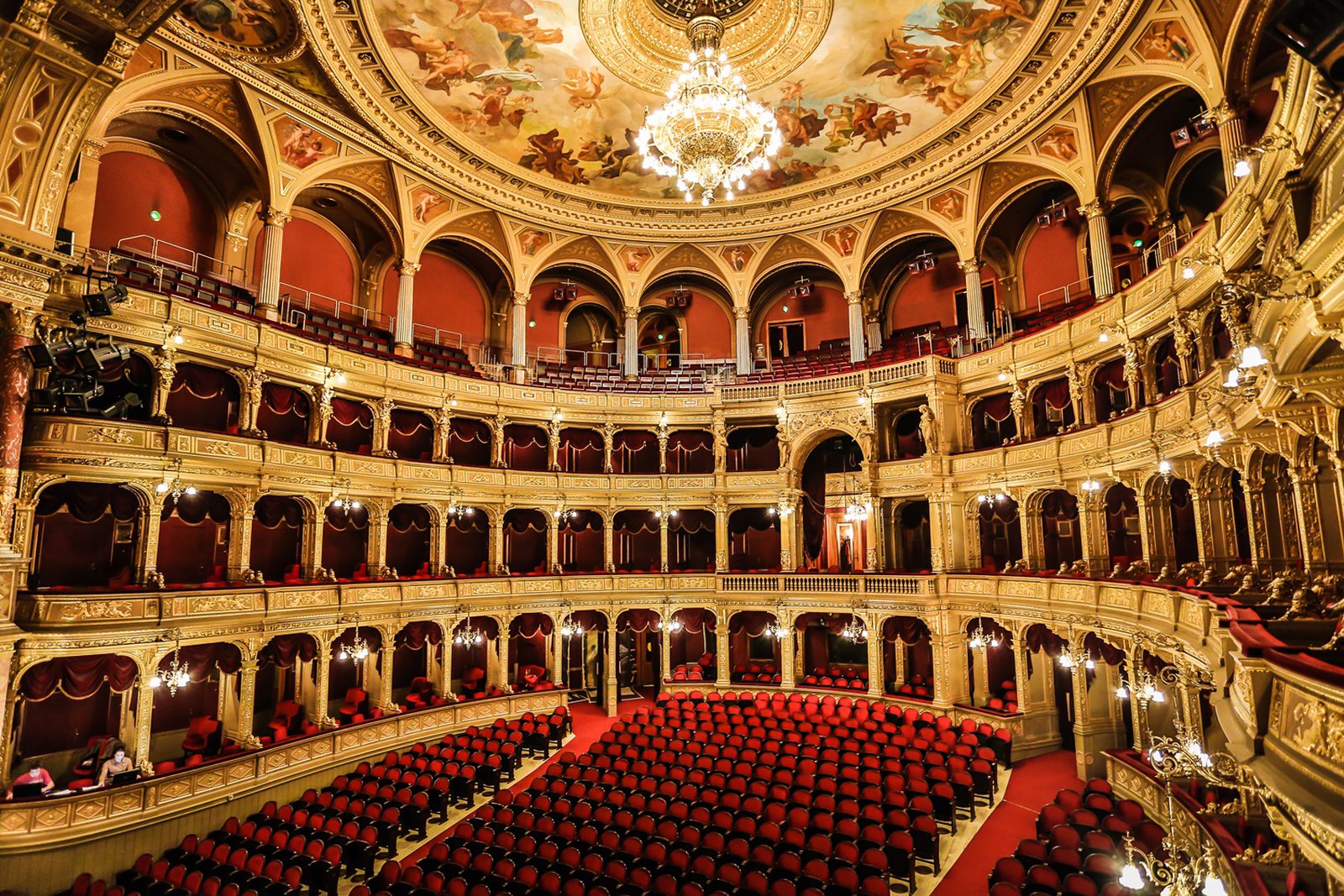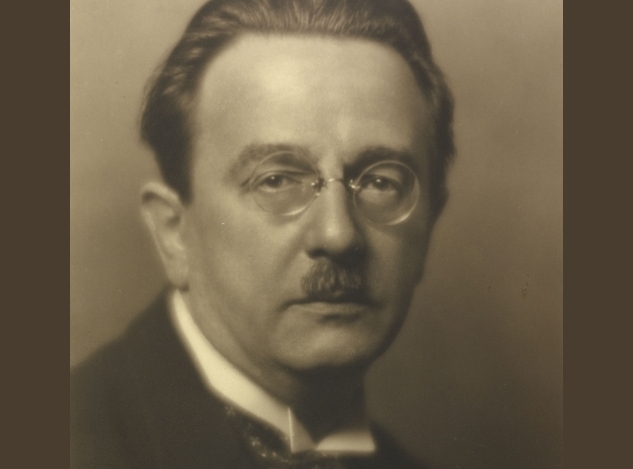
The Opera attracted a total of 508,000 paying spectators and visitors in 2023.Continue reading

85 years ago, on February 11, 1939, Hungarian-born composer Franz Schmidt (b. 1874) passed away in Perchtoldsdorf near Vienna.
A detailed description of his life can be found on pozsonyikifli.sk that commemorated both the 80th anniversary of his death and the 145th anniversary of his birth in 2019.
To highlight a few important details and moments: the Hungarian-speaking Schmidt was raised by his mother, Mária Ravasz, and relatives in Bratislava (now Slovakia). He received his first piano lessons from his mother and began his formal musical education with the organist of the local cathedral. During his secondary education in Bratislava,
he attended the same institutions alongside figures of Hungarian classical music such as Ernő Dohnányi (1877-1960) and Béla Bartók (1881-1945).
Schmidt exhibited natural talent, which flourished during his years as a student in Vienna and later as a professor at the same institution.
He moved to Vienna with his family at the age of 14 and enrolled at the Gesellschaft für Musikfreunde’s Conservatoire at the age of 20, where he studied with the famous symphonist Anton Bruckner (1828-1896). Due to Bruckner’s illness, he was replaced by the distinguished cellist Robert Fuchs (1847-1927).
As a member of the Court Opera (Hofoper) and the Vienna Philharmonic Orchestra, he came into contact with composer and that time music director, Gustav Mahler (1860-1910) and violinist Arnold Rosé (1863-1946), who was Mahler’s brother-in-law. Unfortunately Schmidt and Mahler did not see eye to eye, hence he left the Opera House Orchestra to devote his time to his career as a professor and composer.
Schmidt’s music is undoubtedly typical of the late Romantic German school. In their structure and precisely counterpointed orchestration, his symphonies show similarities with the works of Bruckner (like Schmidt, he was a trained organist) and the aforementioned contemporary, Ernő Dohnányi. What is indisputable about Schmidt is that he incorporated Hungarian themes into his works on many occasions. His most famous opera, Notre Dame, was described by the press of the time as having Hungarian music influences.
Despite the dissolution of the Franz Schmidt Society in 2017, the composer and his works, which had been gradually forgotten, have seen a resurgence on opera stages and recordings in the past four years.
In 2020, the renowned Estonian conductor Paavo Järvi produced a complete edition of Schmidt’s symphonies, including the aforementioned Intermezzo from Notre Dame. Additionally, the Eiffel Workshop of the Hungarian State Opera House staged a few performances of this work in 2021. One of the most important custodians of Schmidt’s music is the Hungarian conductor Lajos Rajter (1906-2000), also born on the territory of today’s Slovakia and a student of Schmidt’s, who recorded his master’s works in the 1990s with the then Czechoslovak Radio Symphony Orchestra.
Schmidt, after a series of private traumas (his wife’s mental hospitalization and the loss of his daughter), lived through the 1938 annexation of Austria by Nazi Germany. He died of a heart attack and is buried in one of the places of honor in Vienna’s Zentralfriedhof cemetery.
Featured Image: Wikipedia